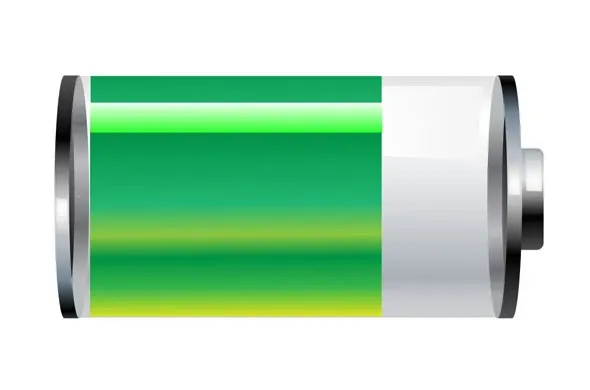Intel Builds the World’s Largest Neuromorphic System
Intel has built the world's largest neuromorphic system code-named Hala Point.

A U.K. battery maker backed by the biggest producer of fuel from coal is raising new funds to develop novel technology for airplanes, drones and spaceships, according to Bloomberg.
Oxis Energy’s lithium-sulfur batteries eliminate some of the safety hazards of the batteries that has kept them out of commercial use, said CEO Huw Hampson-Jones. The Oxfordshire, England-based company is seeking new investors to join South Africa’s Sasol Ltd. and other high-net-worth individuals who already have stakes.
While most of today’s batteries store energy inside packs stuffed with lithium, those can react badly to shocks. Oxis says it manufactures units that can withstand bullets and nails and overcomes the problems that made earlier lithium-sulfur batteries unsafe for widespread use.
The ruggedness of that technology could become important safety advantage for industries with razor-thin margins of error like aviation and space exploration. And its ability to store energy exceeds the capabilities of current lithium-ion batteries, the company said.
“We’re currently looking at three to four times“ the energy density of lithium-ion batteries, Hampson-Jones said. “It’s proven.“ The biggest difference between ordinary batteries and Oxis’s device is the kind of lithium in it. Normal packs have the element in salt form. Oxis’s work uses a lithium metal.
Lithium metal in energy storage isn’t new. It was actually the original material that scientists were trying to make batteries with in the 1980s. Those units were unstable and judged found to be too dangerous. Oxis has figured out how to remove this risk, according to Hampson-Jones. The company has spent $70 million to develop this technology. It’s working on using them in electric transportation such as cars, buses, trucks and the metro system of a “major European city.“ He said NASA is testing it for possible use in high-altitude missions. NASA officials didn’t comment.
Critics of the technology such as Karl Kreder, director of energy at Consensus Systems and a former battery engineer at the Southwest Research Institute in Texas, are skeptical that lithium-sulfur batteries have a future. “Lithium-sulfur is a technology that, if you look at one or two metrics, promises to be revolutionary,“ Kreder said. “But if you look at it on the seven metrics that you need to make a viable system, it’s terrible on the other five.“